Cell Membrane Definition Simple
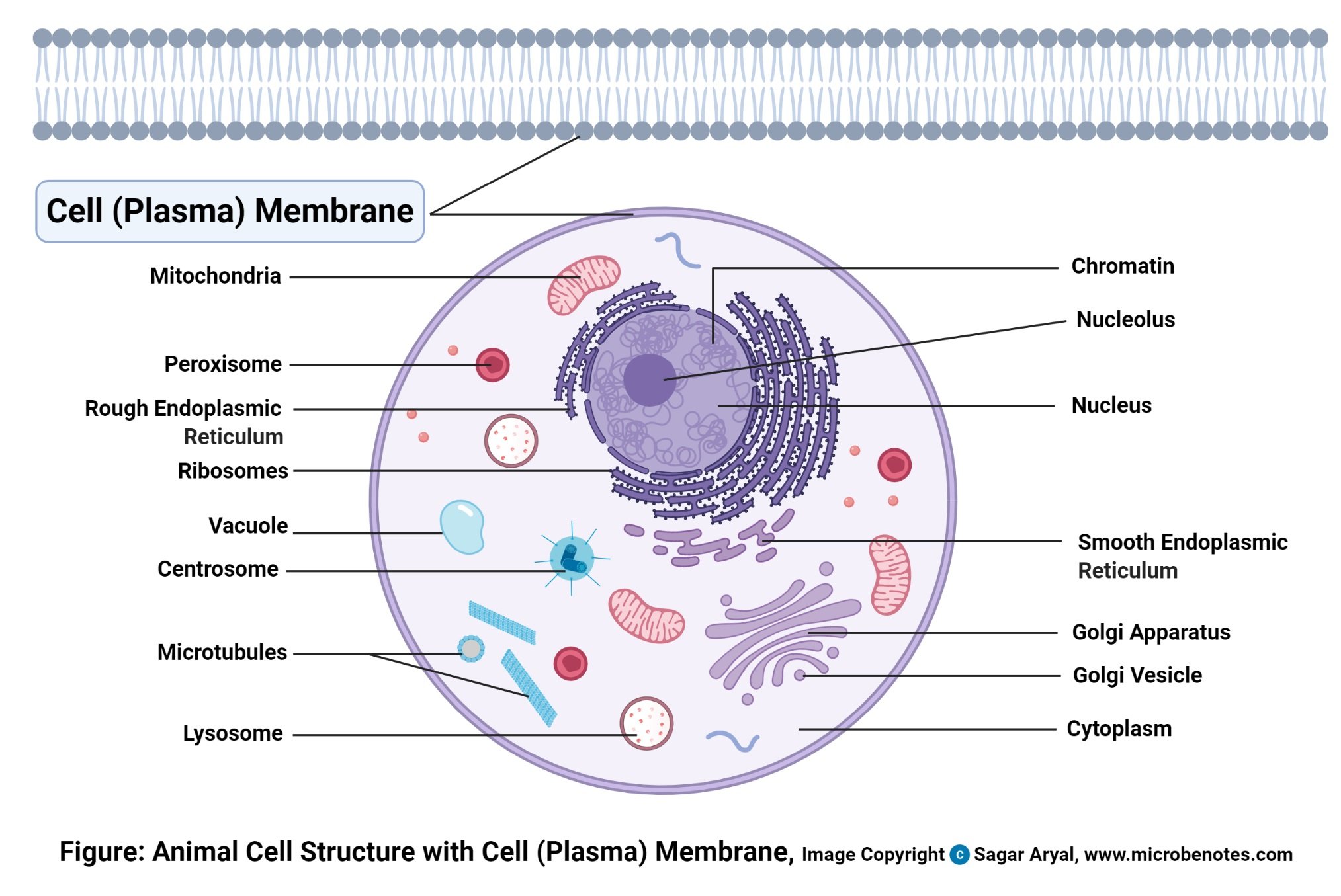
A cell membrane is a border that covers every cell in a living organism.
Cell membrane definition simple. The thin membrane that forms the outer surface of the protoplasm of a cell and regulates the passage of materials in and out of the cell. It is a thin and delicate structure. The cell membrane consists of a lipid bilayer that is semipermeable.
It separates the cytoplasm the contents of the cell from the external environment. Proteins in the membrane control passage of ions like sodium or potassium or calcium in and out of the cell. Biology a very thin membrane composed of lipids and protein that surrounds the cytoplasm of a cell and controls the passage of substances into and out of the cell.
An example of a cell membrane is the protective layer around a skin cell. Its basic job is to separate the inside of cells from the outside. Membrane in biology the thin layer that forms the outer boundary of a living cell or of an internal cell compartment.
Cell membrane also called plasma membrane thin membrane that surrounds every living cell delimiting the cell from the environment around it. Cell membrane definition simple. A thin membrane a double layer of lipids enclosing the cytoplasm of a cell.
The cell membrane is a multifaceted membrane that envelopes a cells cytoplasm. The cell membrane is a continuous sheet that separates the inner part of the cell from the external environment. Several membrane transport processes and enzyme activities depend on the optimum fluidity of the cellular membrane.
The cell membrane is one of the vital parts of a cell that encloses the internal organelles. It separates the cytoplasm the contents of the cell from the external environment. 2 The Cell Membrane I 11 several micrometers per second.
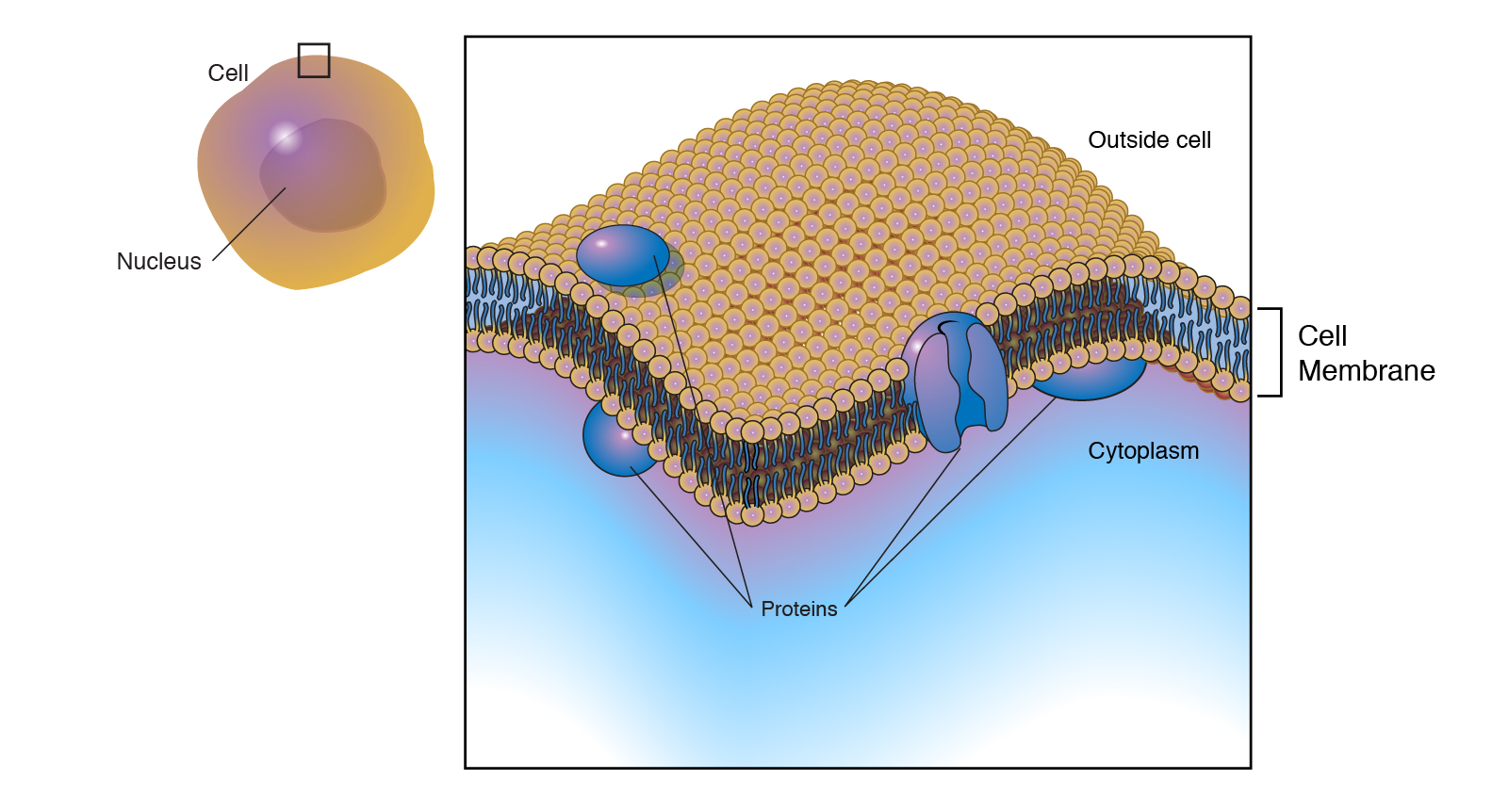
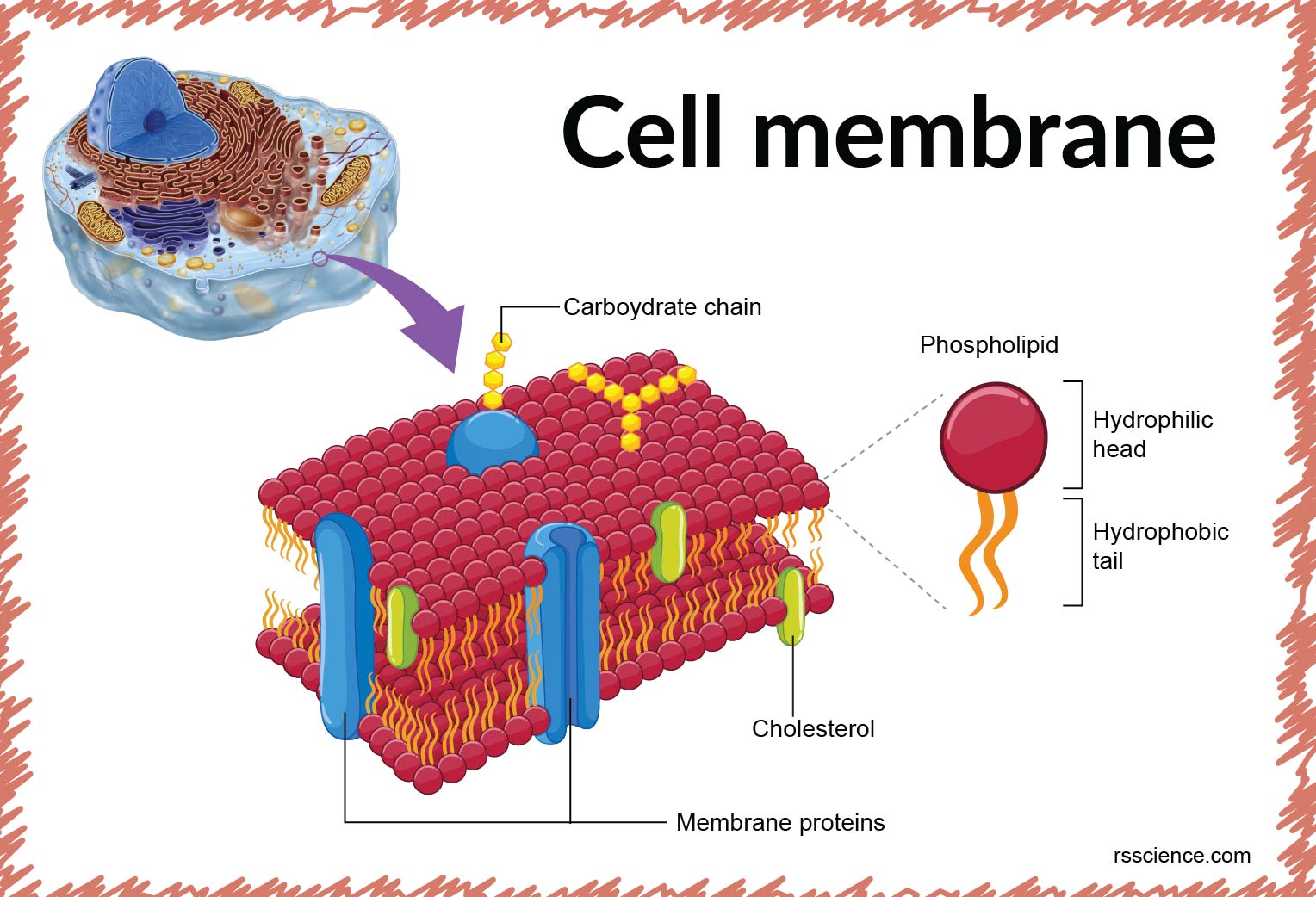
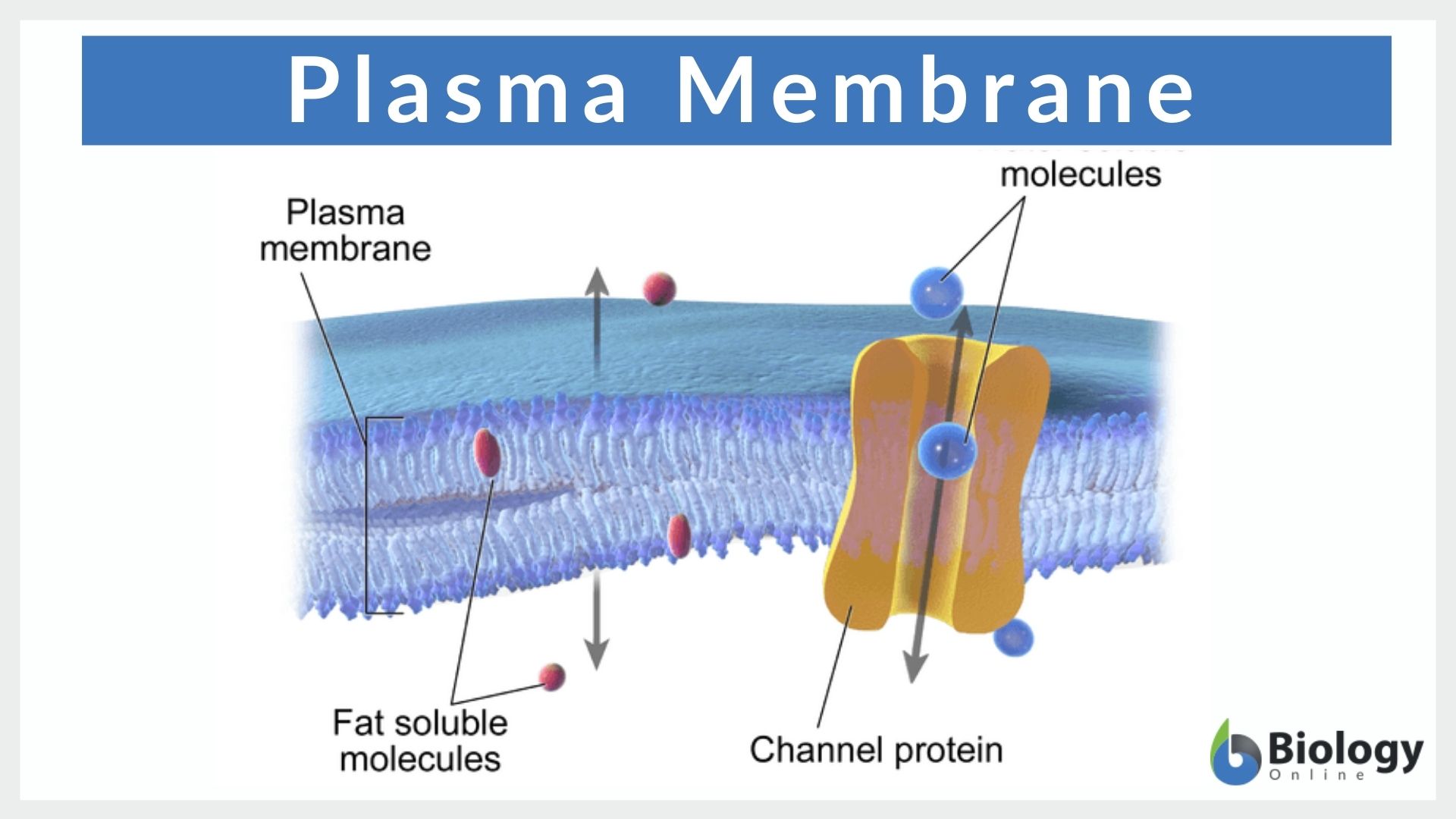







/pinocytosis-594d611e5f9b58f0fc2c5b8f.jpg)

/endocytosis-5ad64d57c0647100386364bb.jpg)

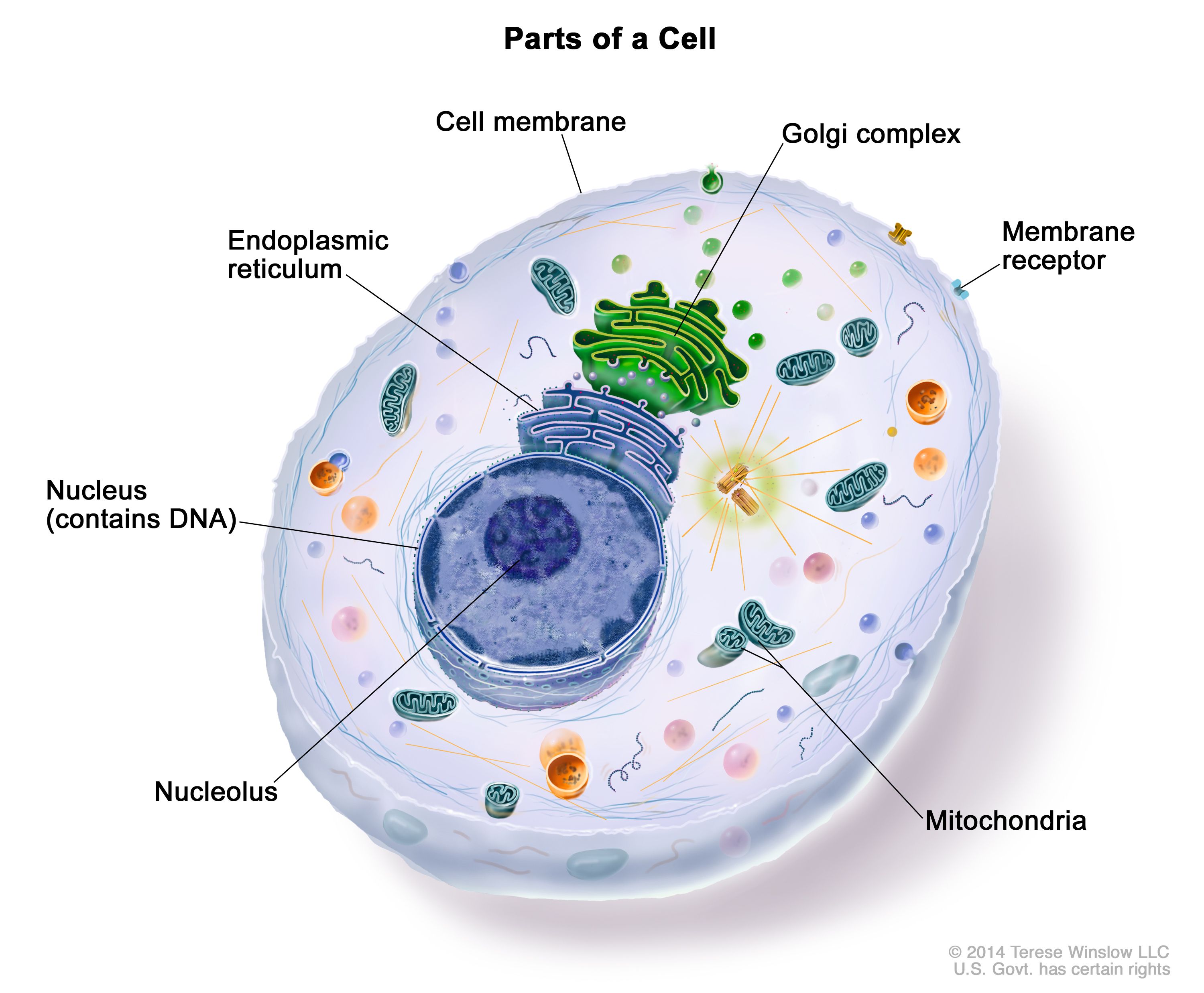

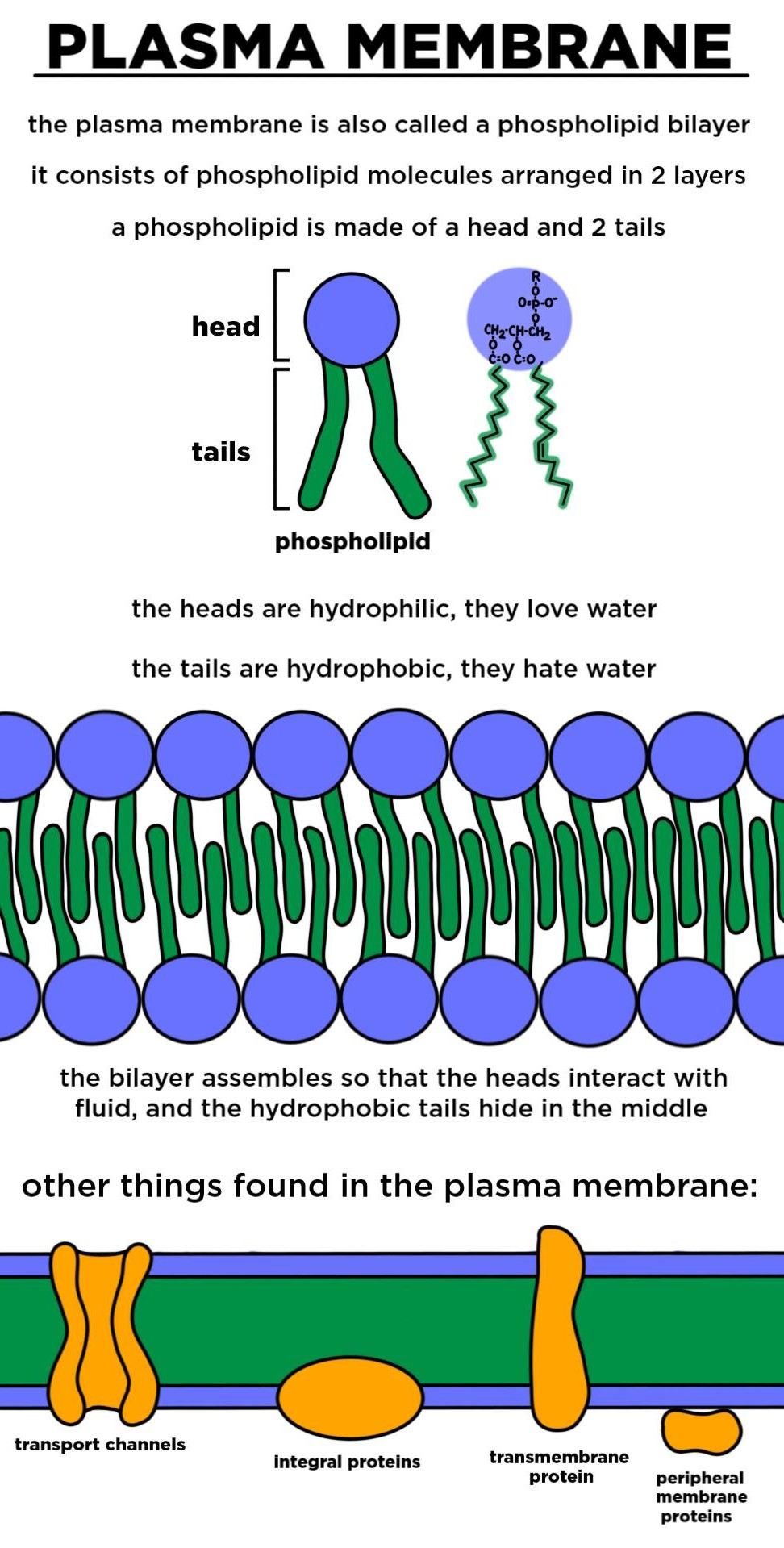
:max_bytes(150000):strip_icc()/endocytosis_pinocytosis-5ad652db1f4e130038c4847b.jpg)
